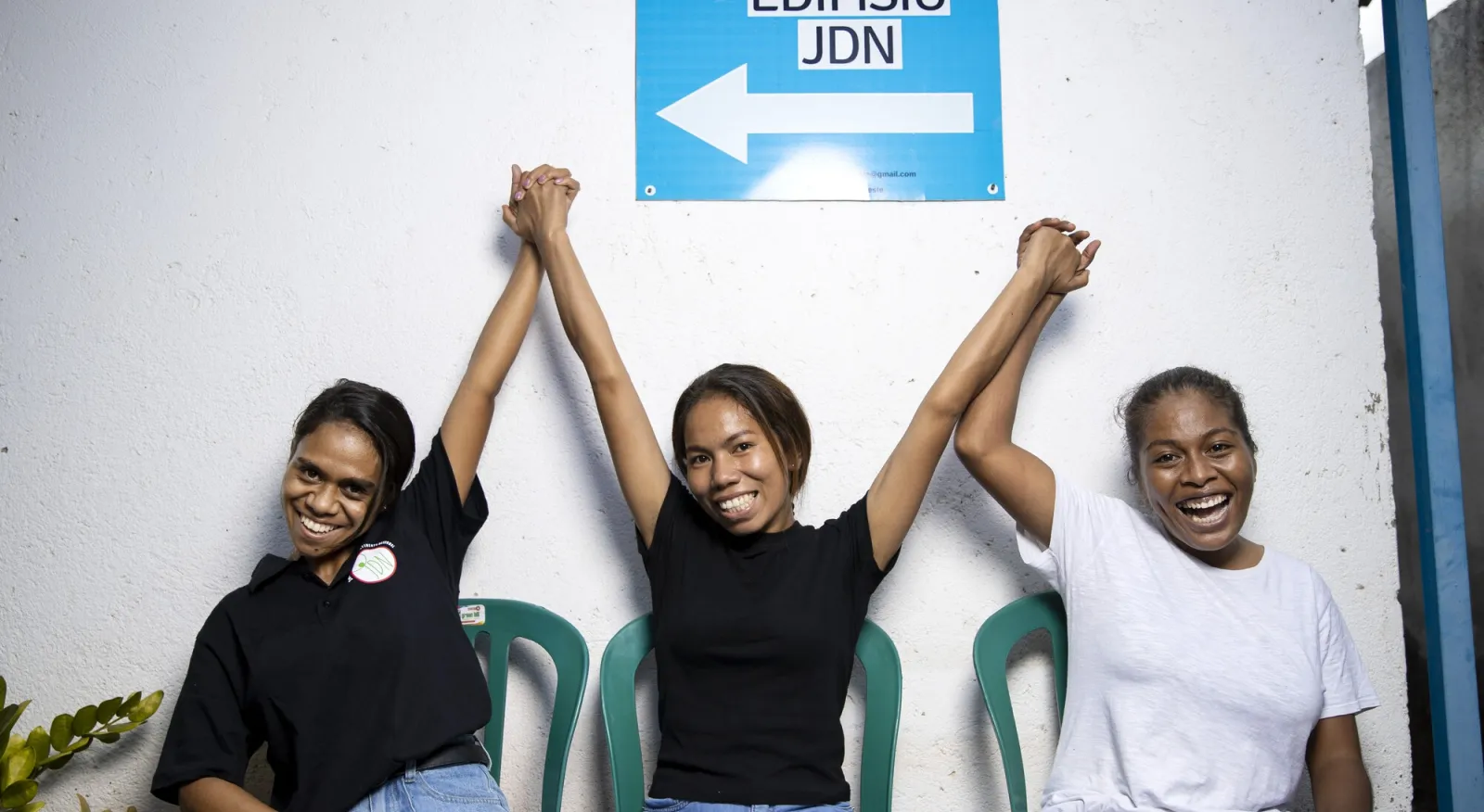
The Impact Fund focuses on supporting our partners by providing small grants for projects across a range of thematic priority areas. These include gender equality, disability and social inclusion (GEDSI), climate action, organisational strengthening, and volunteer assignment support. Explore successful grant applications and projects from Timor-Leste below.